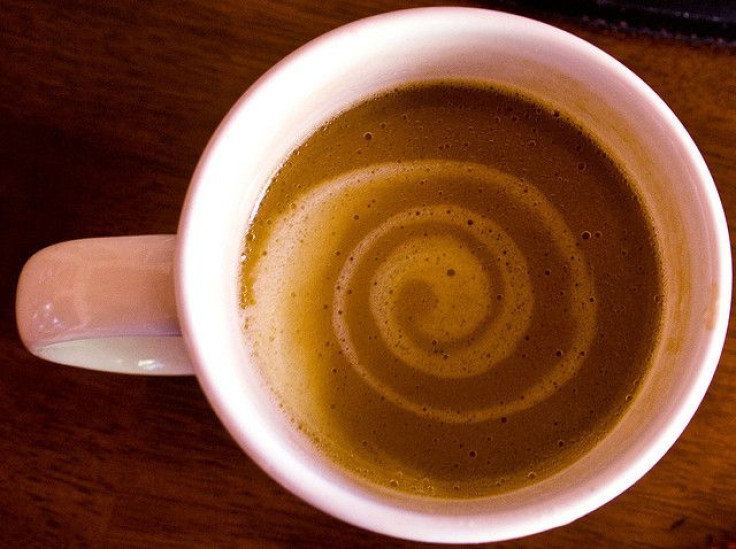Relax: Your Regular Cup Of Joe Won't Cause Your Heart To Beat Out Of Sync

Your regular cup of joe in the morning might provide an extra jolt to your day, but it luckily won’t do the same to your heart, according to new research published Tuesday in the Journal of the American Heart Association.
The University of California, San Francisco (UCSF) researchers pored through data taken from the Cardiovascular Health Study (CHS), one of the largest nationally funded observational studies of risk factors for cardiovascular disease in adults 65 years or older. Randomly selecting 1,388 participants (out of around 6,000 in total), the researchers then attempted to find the relationship, if any, between their regular consumption of caffeinated products such as coffee and the likelihood they experienced either premature atrial contractions (PACs) and premature ventricular contractions (PVCs), ultimately concluding none existed.
Though PACs and PVCs, commonly known as early or extra heartbeats, happen fairly often for no apparent reason and are generally harmless, there is recent evidence showing persistent extra heartbeats can be an indication of worsening circulation woes in the heart and brain. On the flip side, according to the authors, the perception that caffeine consumption can cause an increase of PACs and PVCs was based mostly on old studies that didn’t directly examine that relationship. It’s a perception that’s led organizations as venerated as the American Heart Association to precautiously warn against caffeine for people with a history of extra heartbeats.
"Clinical recommendations advising against the regular consumption of caffeinated products to prevent disturbances of the heart's cardiac rhythm should be reconsidered, as we may unnecessarily be discouraging consumption of items like chocolate, coffee and tea that might actually have cardiovascular benefits," said senior author and director of clinical research in the UCSF Division of Cardiology Dr. Gregory Marcus in a statement. "Given our recent work demonstrating that extra heartbeats can be dangerous, this finding is especially relevant."
In addition to an extensive annual clinical examination, CHS participants were asked to fill out a food survey and wear an electrocardiogram (ECG) that measured the electrical activity of their heart for 24 hours. That allowed Marcus and his colleagues to see if daily caffeine consumption was associated with the appearance of PACs and PVCs. Despite 61 percent of their CHS participants reporting they ate more than one caffeinated product a day, there simply wasn’t a substantial connection found, even for those who ingested caffeine more frequently. To safeguard against any bias, the participants chosen were those who hadn’t previously reported irregular heart rhythms.
For those wondering, extra/early heartbeats often feel like a skipped pulse or a particularly strong chest bump — if you feel anything at all, that is.
The largest analysis of its kind, the researchers do caution their findings aren’t the end-all when it comes to caffeine use and the risk of extra heartbeats.
"This was the first community-based sample to look at the impact of caffeine on extra heartbeats, as previous studies looked at people with known arrhythmias," said lead author Shalini Dixit, a fourth-year medical student at UCSF. "Whether acute consumption of these caffeinated products affects extra heartbeats requires further study."
Source: Dixit S, et al. Journal of the American Heart Association. 2016.



























